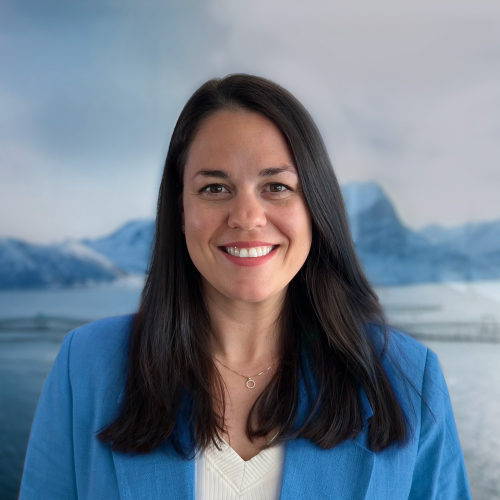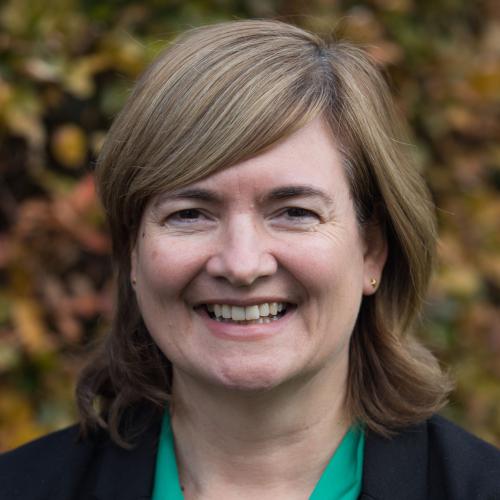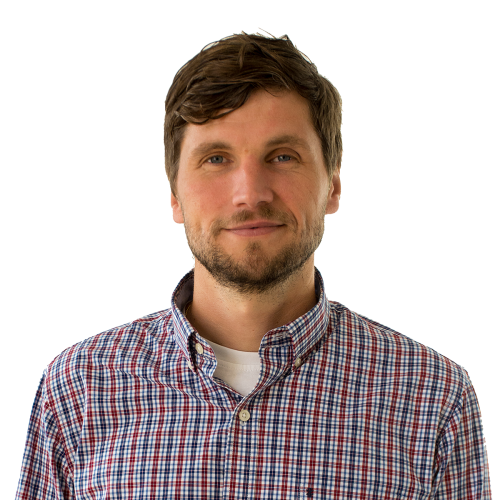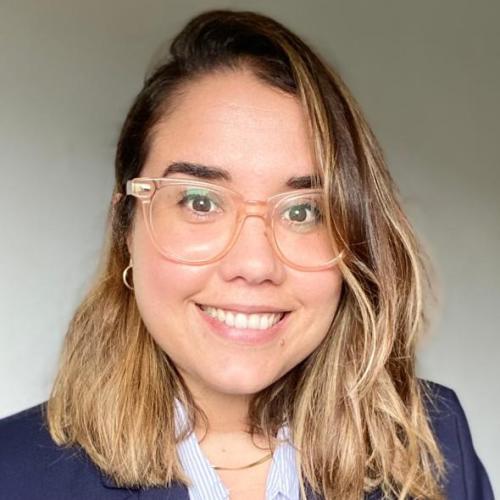Break-out session: Decarbonisation
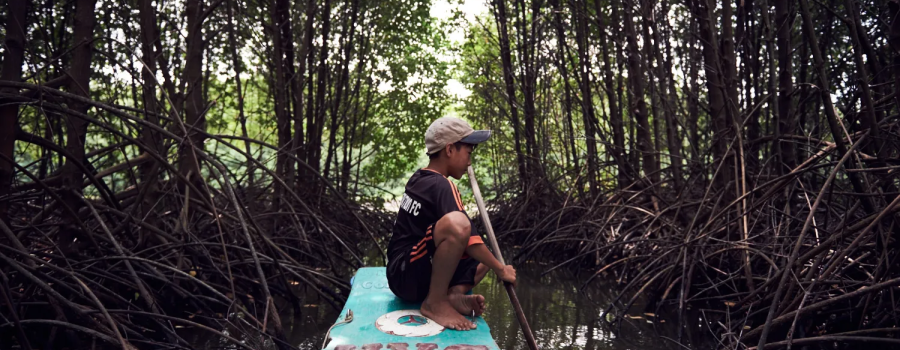
An increasing number of global retailers, brands, feed companies and shrimp producers have formulated targets to reduce greenhouse gas emissions. LCA methodologies are being used to quantify the footprint for many food products, including seafood, and provide a basis to identify measures. While seafood and farmed shrimp have a relatively positive carbon footprint versus red meat, the sector needs to understand the key drivers for GHG emissions related to farmed shrimp, to maintain this competitive edge.
During the session, we will discuss the methodologies and data which are currently available to help reduce emissions, and what else is needed to enable the sector to identify concrete measures, verify reductions and drive innovation that both reduces GHG emissions and makes sense for businesses.

